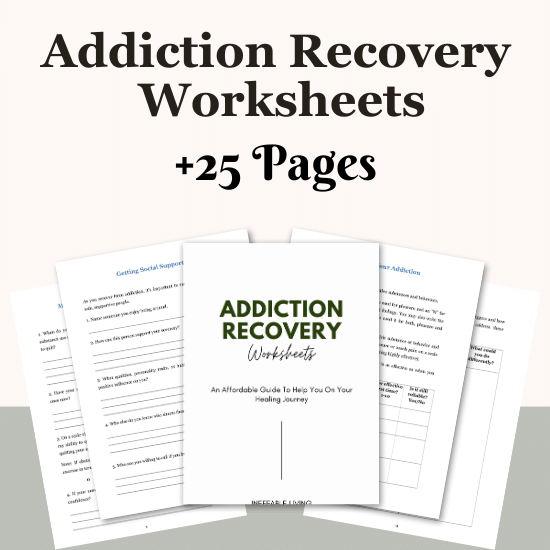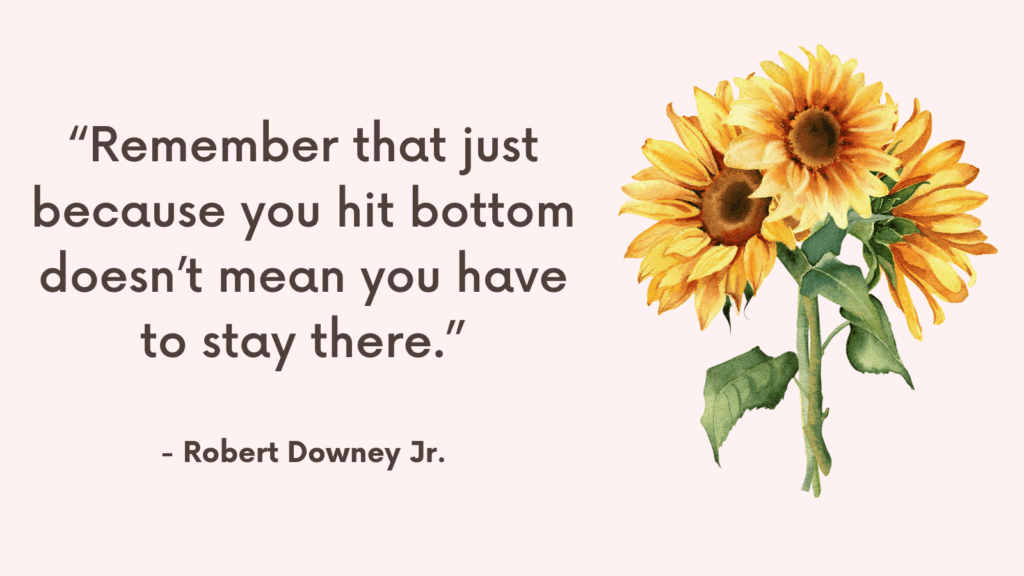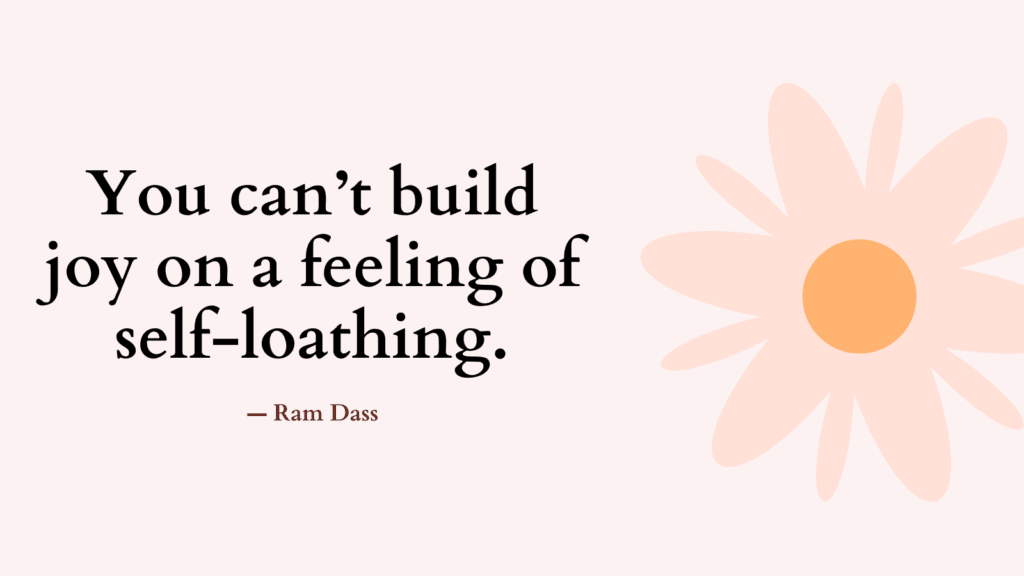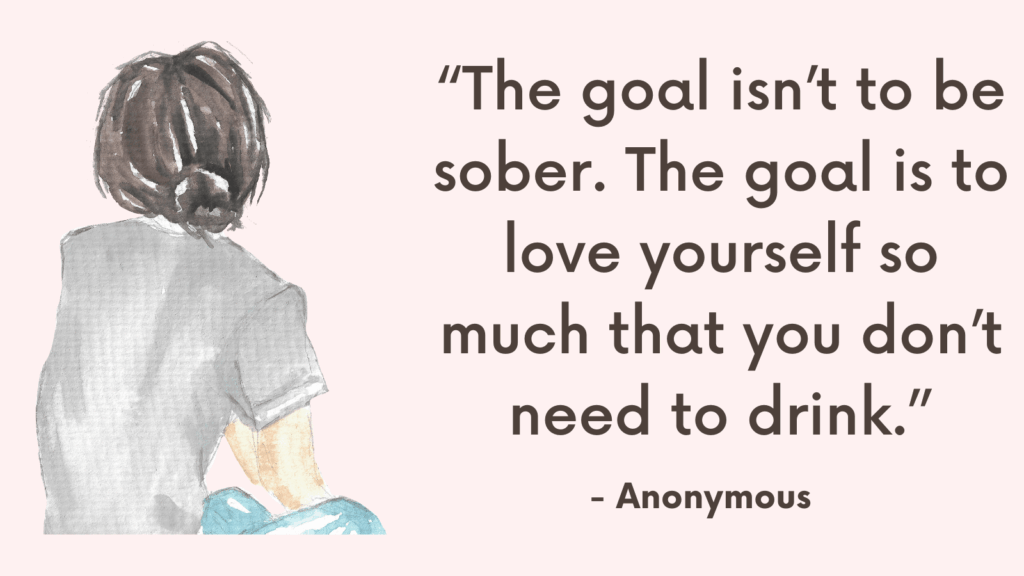Video games can offer an escape, a sense of mastery, or social connection—but when they start to take over your life, interfere with responsibilities, or numb your emotions, it may be time to take back control. Overcoming video game addiction isn’t about quitting fun—it’s about reclaiming balance, focus, and self-worth. Here’s a step-by-step guide to help you break free, mindfully and practically.
What Starts as Fun Can Quietly Turn Into Dependence
For many people, video games are a way to relax, connect with friends, and enjoy immersive storytelling. But for some, what starts as entertainment can become an unhealthy escape—taking up more and more time, draining motivation, and replacing real-world goals and relationships.
Video game addiction isn’t about weakness or laziness. It’s about a complex mix of unmet emotional needs, neurological reward systems, and often, unseen pain.
Why Video Games Are So Hard to Put Down
Games are intentionally designed to be engaging—and even addictive. They offer:
- Immediate rewards for effort
- Clear goals and structure
- A sense of progress and achievement
- Social interaction without vulnerability
- A break from overwhelming emotions or real-world struggles
For someone who feels powerless, rejected, or stuck in life, games can provide a sense of mastery and identity. But the brain can begin to crave this stimulation like a drug.
Related: What Is Emotional Sobriety and How to Achieve It? (+FREE Worksheets)
Signs of Video Game Addiction
It’s not just about how much time you spend gaming—it’s how it affects your life. Some signs include:
- Losing interest in activities that once mattered
- Using games to cope with stress, sadness, or boredom
- Irritability or anxiety when not playing
- Lying about how much you play
- Falling behind at school, work, or relationships
- Sleep deprivation or skipping meals to keep playing
- Feeling more connected to your virtual world than real life
What’s Beneath the Surface
Video game addiction is rarely just about games. It often signals deeper emotional or psychological patterns like:
- Social anxiety or difficulty with real-world interactions
- Trauma or a desire to avoid painful memories
- Depression or low self-worth
- Unmet needs for control, success, or belonging
- Escaping loneliness, rejection, or boredom
Many people aren’t just playing to win—they’re playing to numb.
Why Shame Makes It Worse
People struggling with game addiction are often met with judgment or ridicule. But shame only drives the behavior further underground. The more someone feels like a “failure,” the more appealing the virtual world becomes—because in that world, they can be someone.
This cycle of escape, shame, and return can feel nearly impossible to break.
Related: Struggling with Addiction? These Worksheets Will Support Every Step of Recovery
How to Overcome Video Games Addiction?
1. Acknowledge the Impact Without Shame
Start by asking: “How is gaming affecting my life, relationships, and mental health?”
Admit the problem gently—without self-hatred. You’re not lazy or weak; you’re human, and something deeper is asking for care.
2. Identify the Emotional Role Gaming Plays
Is it a way to escape loneliness, anxiety, boredom, or stress?
Write down what video games give you emotionally—then ask yourself:
“Where else could I meet these needs in healthier ways?”
3. Track Your Time Honestly
Log how many hours you’re gaming each day. Note what triggers you to start, when you struggle to stop, and how you feel before and after.
This awareness helps shift your habits from autopilot to intentional choice.
4. Set Firm but Compassionate Limits
Start with small, achievable steps. For example:
- Set timers for gaming sessions
- Use apps to block access during specific hours
- Limit gaming to weekends or certain times of day
Consistency matters more than intensity.
5. Replace Gaming With Meaningful Alternatives
You can’t just “stop”—you need to redirect. Try:
- Movement (walks, workouts, dance)
- Hobbies you once loved (drawing, reading, music)
- Social activities (even small ones—texting a friend counts)
Build a life that feels fulfilling outside the screen.
Related: How to Break the Addiction Cycle? [Definitive Guide]
6. Address the Underlying Emotional Needs
Gaming often becomes addictive when it replaces emotional coping tools.
Ask yourself:
- “What am I avoiding when I turn on the game?”
- “What am I craving when I log in?”
Work with a therapist or journaling practice to explore healthier emotional responses.
7. Get Accountability
Talk to someone you trust about your goal to cut back or quit. Join a support group (online or offline) where others understand the struggle.
Accountability reduces secrecy and helps you stay committed.
8. Redesign Your Environment
Out of sight, out of mind.
- Uninstall addictive games temporarily
- Remove your console or disable gaming apps from your devices
- Move your setup to a less private or less tempting location
Make gaming less convenient—and healthier choices more accessible.
Related: 4 Stages of Addiction (+FREE Worksheets)
9. Celebrate Wins—Even Small Ones
Going one day with less gaming? That matters.
Celebrate progress, not perfection. This builds motivation instead of shame.
10. Be Patient With Relapses
You may slip back into old patterns—and that doesn’t mean you failed.
Pause. Reflect. Re-commit.
Every setback can become a new starting point.
Related: What Is a Functioning Addict? (+FREE Worksheets)

Conclusion
Overcoming video game addiction isn’t about cutting out joy—it’s about rediscovering it in a fuller, more sustainable way. The goal isn’t to hate games—it’s to love your life more. You have the power to create a reality that doesn’t require constant escape. Start with one honest step today.



